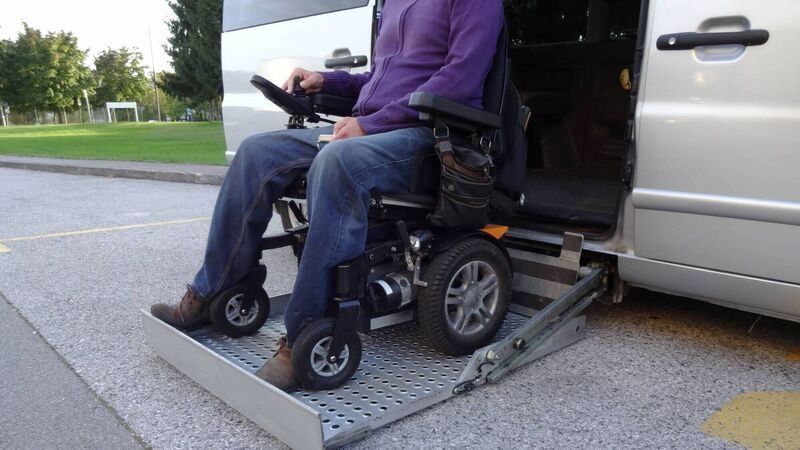Ireland has worst rate in Europe of employing people with disabilities

The European Disability Forum report also highlighted a number of other issues, including discrimination against people with disabilities due to “misconceptions”. File picture
Ireland has the worst rate in Europe for people with disabilities in employment, the Oireachtas has heard.
A damning report from the European Disability Forum (EDF) found that the average rate of employment for people with disabilities in the EU is 51%. However, in Ireland, the rate is just 32.6% , the joint-worst in Europe alongside Greece—however, Ireland has a healthy rate of general employment where Greece does not.










